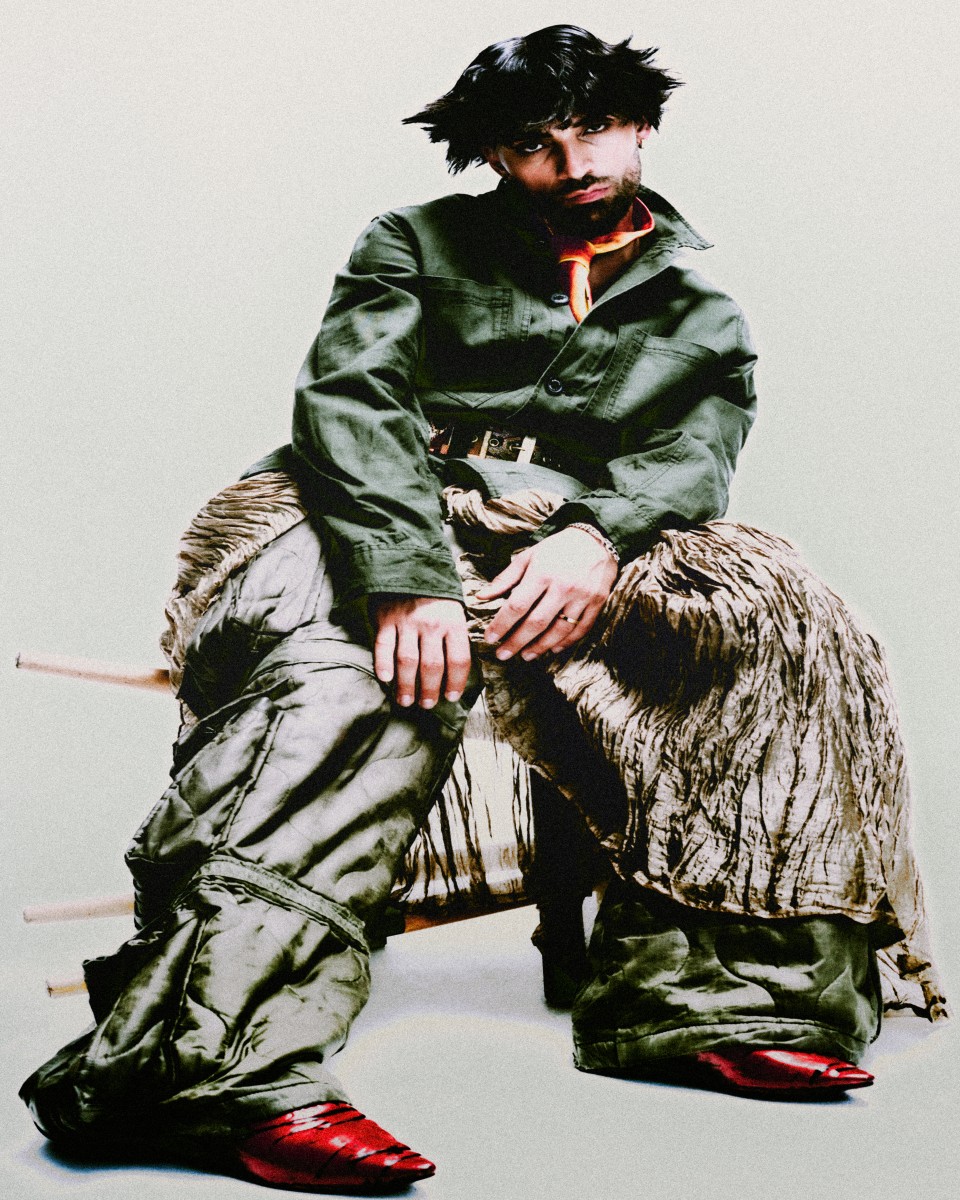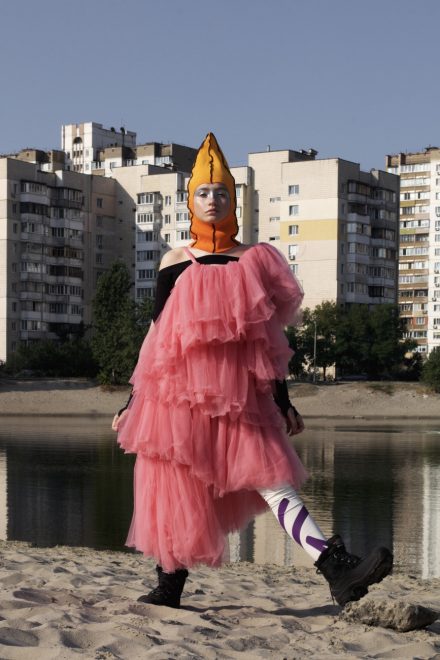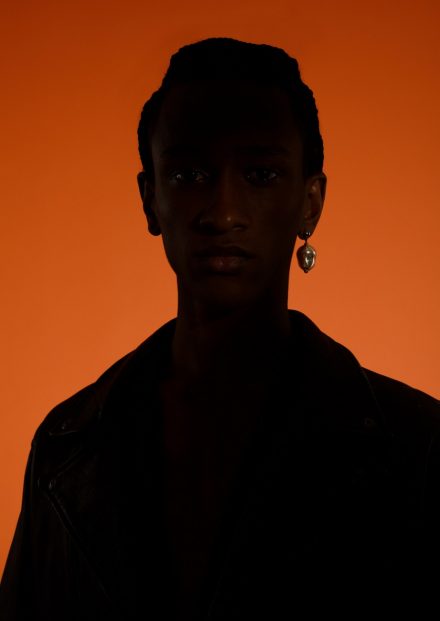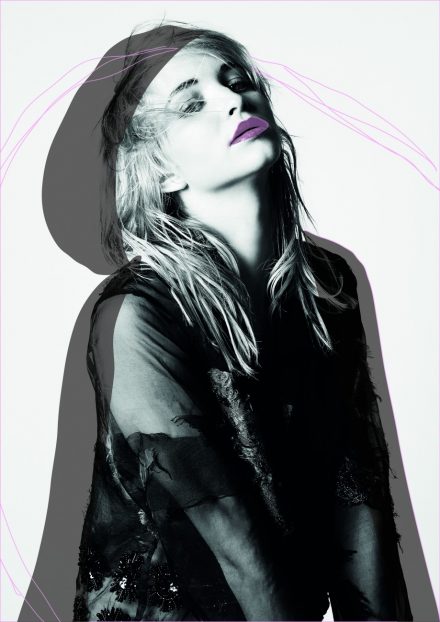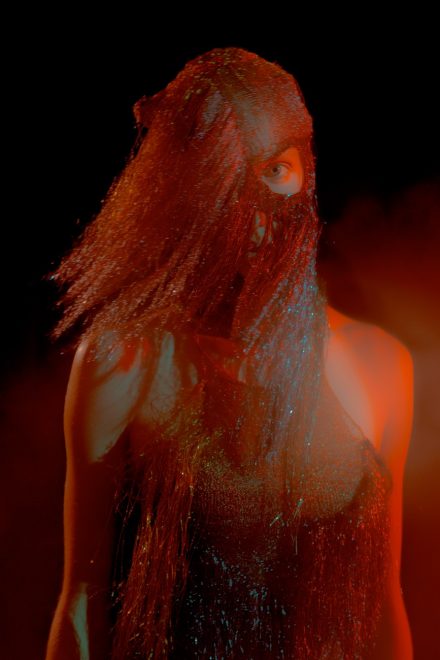For this exclusive Œditorial, we spoke to hip-hop dancer Majid Kessab about his recent documentary, what it means to be Kurdish and preserving community dance.
If you were asked to think of the backbone of a Red Bull documentary, a gut-wrenching tale of a Kurdish family having to flee Iraq for Germany is probably one of the last things you would conjure up. But this is the storyline of their new short film Roots of my Rhythm, which follows German-Kurdish hip-hop dancer Majid Kessab and his father as they take a trip to their homeland together.
The opening scene features Kessab marching through the desert. The satsuma sun melts into the clouds behind his black and white checkered Keffiyeh-crowned head. “What is the reason you dance?”, he asks in German. The documentary is full of postcard moments – laughter, tears, fond memories and defeats. But above all, it is a story of perseverance and love.
For this Œditorial, we spoke to Kessab about returning to Iraq, maintaining Kurdish traditions in Krefeld and his recent acting pursuits.
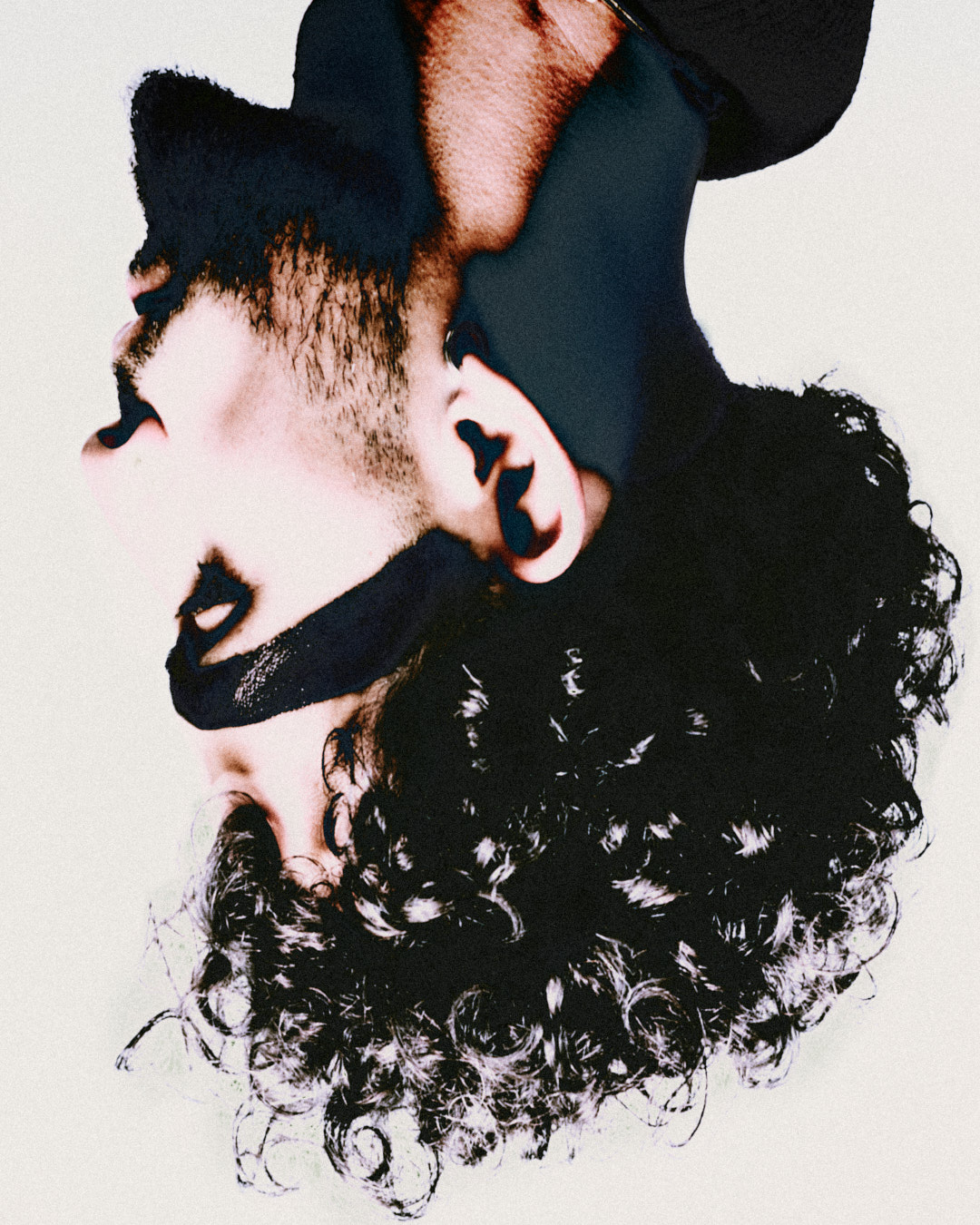
BELOW
Full Look – Alexis Mersmann
Chain – Afro Bodega
Shoes – New Balance
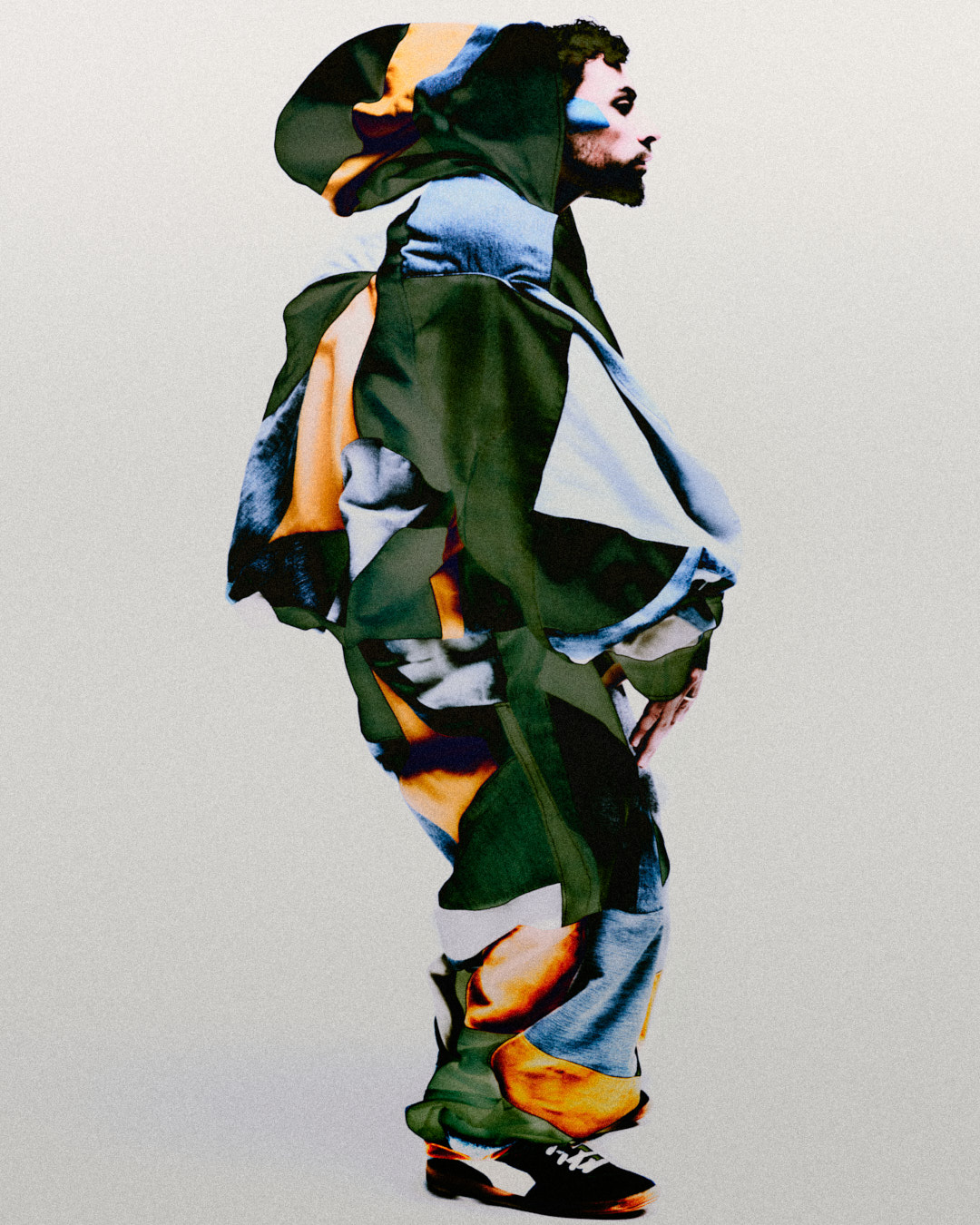
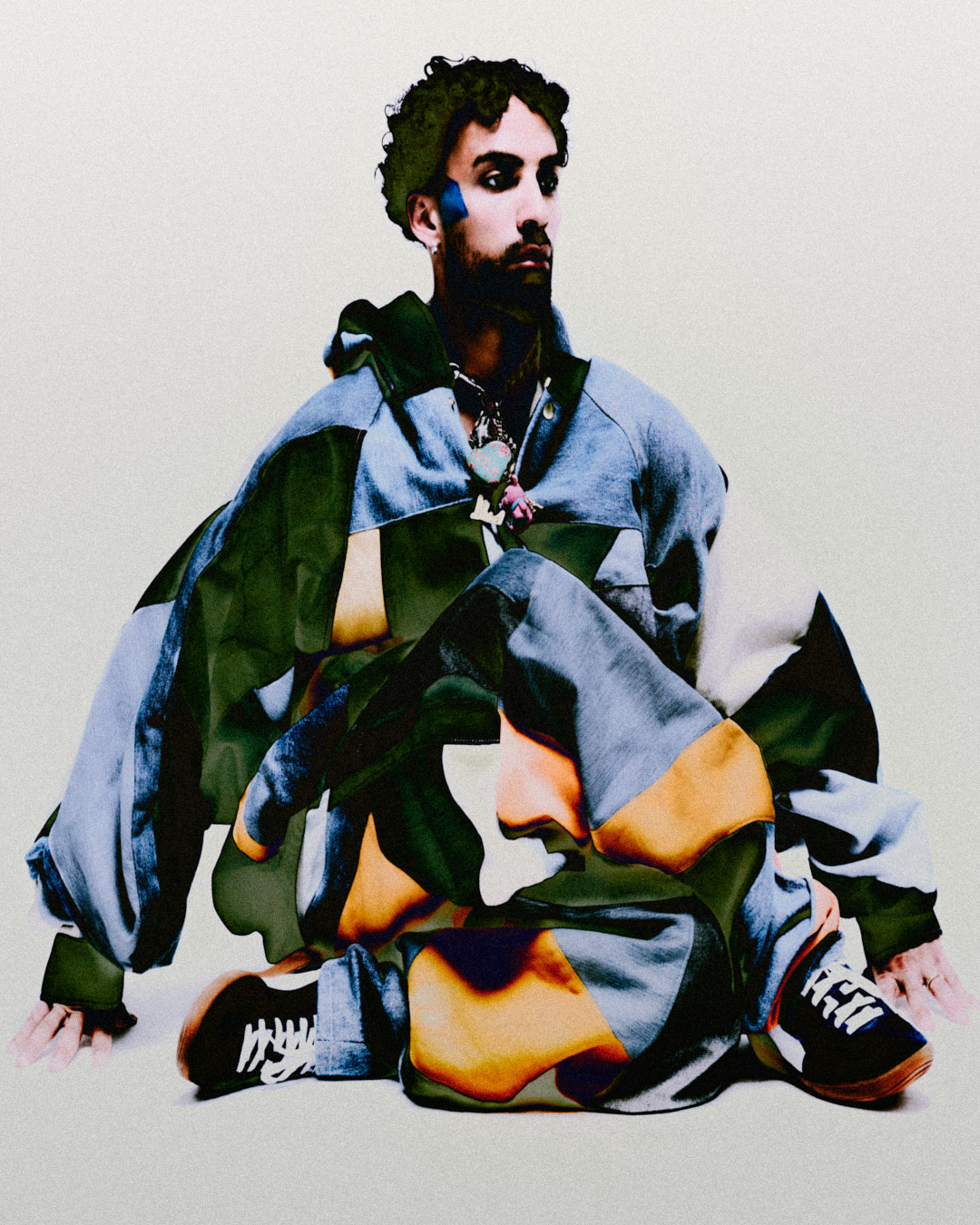
Œ: When you arrived in Germany, you were just three years old. What impact did your family’s heartfelt story have on your upbringing?
Kessab: I grew up in Krefeld, where I am right now. I was so young when we fled to Germany, I can’t remember anything. I just heard the stories, which made me always want to make my parents proud in everything I did.
I didn’t want to be a troublemaking son because I knew they had done everything to give us a good life and raise us in a good way. I think that’s the real reason I am where I am today. I’ve always committed to working hard on myself – on my vision and goals. My family’s story motivated me to achieve everything I have.
Œ: What does being Kurdish mean to you?
Kessab: It’s my roots. It’s my family. It’s who I am. I sometimes think others describe Kurdish people better than we can ourselves. I have been told a lot that we are one of the communities that are cool with everybody because we understand this feeling of being an outcast. But these struggles empower us and make us rebellious.
I think it’s an energy, a mindset. Everything I touch, I give one hundred percent, whether that’s my business, my dance routines or an event I’m organising. Especially if I feel that someone has treated me unfairly, I will always stand up for myself. No one will ever put me down. I think that’s what being Kurdish means to me: being a freedom fighter.
RIGHT
Chain – Vitaly Cubanlink
Jacket – Jaded London
Top – Olakala
Denim – Stylist’s Own
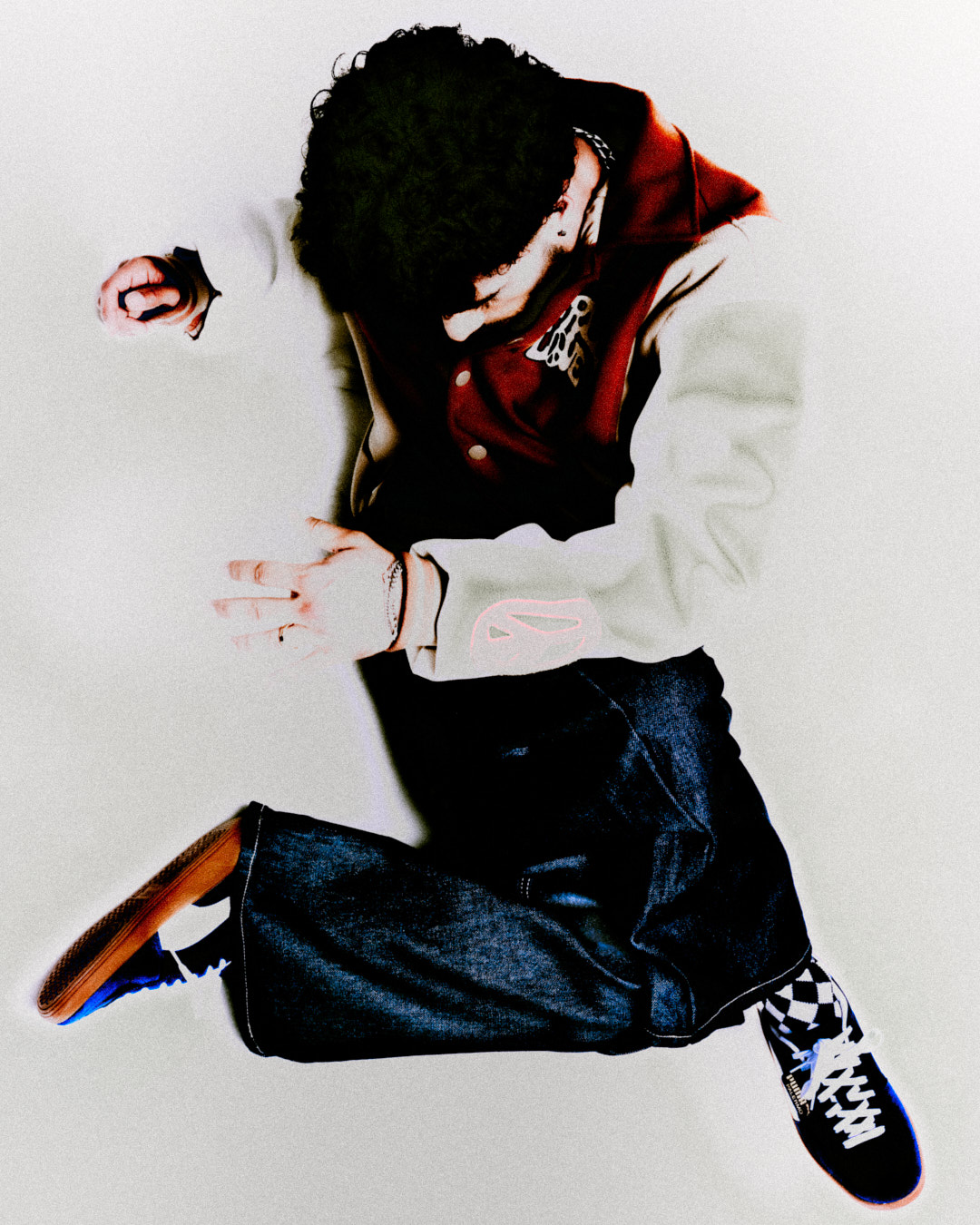
Œ: In the Red Bull documentary, you visit Kurdistan with your father. How did this project come into existence?
Kessab: The original idea of Red Bull was to have a competitive documentary about my life focused on the journey of this dance competition but as we were filming, the director had this idea of revisiting my roots. The crazy thing is, I didn’t do my best in the competition. I didn’t even win. I lost the first or second round. The previous years, I had won them all. That’s when we thought: “Ok, it’s destiny to do it this way instead.”
So the narrative evolved into the story of my father and this is where we came up with “Roots of my Rhythm”, an exploration of my life and culture. Red Bull has never done this kind of political documentary before so everything was happening with such a natural flow. It was a bit rebellious because it talks about Kurdistan, which a lot of people do not accept yet.
It happened so spontaneously but I’m really happy it turned out this way and not just a documentary about a dancer. It was more just doing, seeing where it goes and exploring. The script was changed two times so it was a work of improvisation led by our feelings and emotions. We still have so much footage left because we couldn’t fit it all into the film!
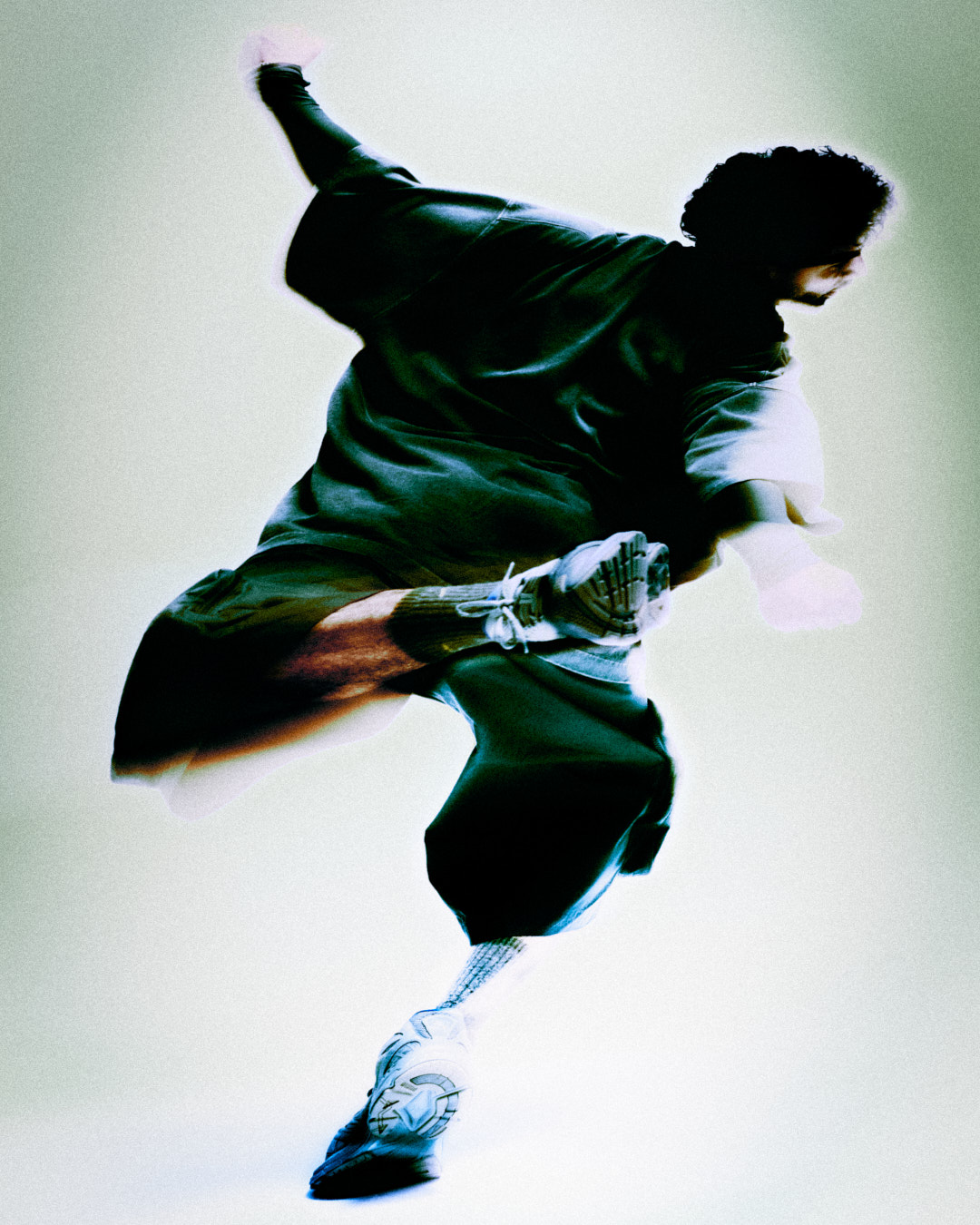

ABOVE
Full Look – WRSTBHVR
Shoes – New Balance
Œ: Can you remember how you felt when you first stepped off the plane in Iraq?
Kessab: Yeah, when the first time I stepped off the plane, it was kind of exciting for me because I knew it was going to be the first time I was going to explore my roots rather than just visit Iraq. My parents arrived before me so they welcomed us when we touched down with the whole crew.
It was also the first time I had my friends with me to show them where I came from. I was really happy because I knew I would never explore it again this way. So there was this refreshing energy and vibe.
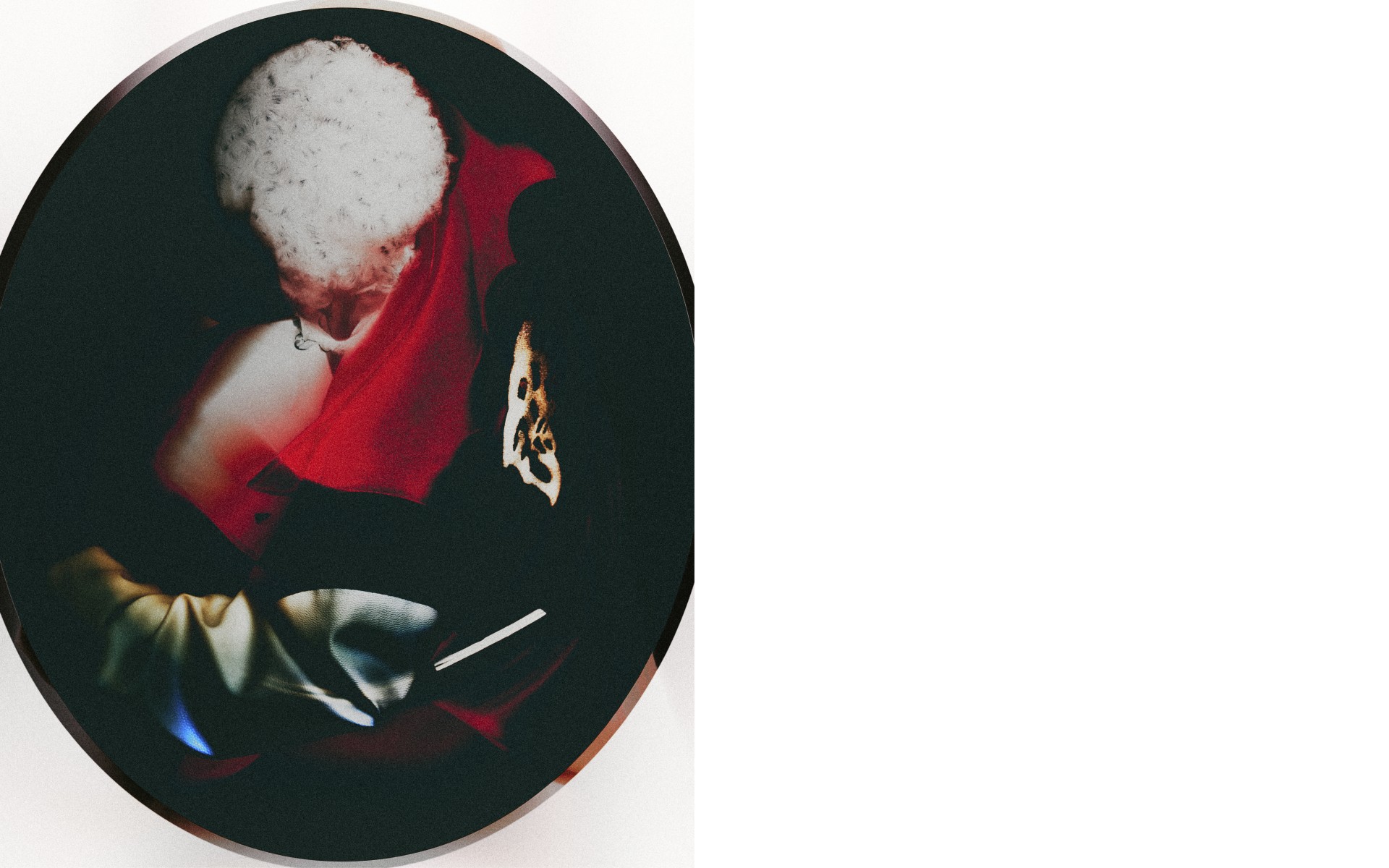
Œ: In the documentary, you describe a time when you thought to yourself: “You are a Kurd, but you don’t know the meaning of it.” How difficult has it been to stay connected to your Kurdish heritage from Germany?
Kessab: I mean the answer is already in the question. You need to stay connected: visit your homeland often, talk about it, listen to your parents and take the traditions with you. Don’t forget about these things but also don’t forget where you are living right now. I live in Germany – I still have to fit in here too. I’m still German so my lifestyle is also German.
Since I’m still connected to my family, it’s easier. We speak the language and my parents are around a lot. If you’re not able to speak the language or see your family, you can watch some movies or find the traditions present in your local community.
Œ: If you have children of your own, how will you continue to pass on those traditions?
Kessab: When it comes to having kids, I think it will happen naturally through my family since we are so connected. Through the family, we show them the culture and the celebrations. We have this one celebration called Newroz, it’s kind of like New Year’s, that’s my favourite.
All of my nieces and nephews have grown up surrounded by their uncles, aunts and grandparents, which is a typical Kurdish thing – to always be together. We don’t meet once a week, we are together almost every day. We eat together at my parent’s place, that’s still our regular meeting spot.
But yeah, as much as it’s important to teach them, I don’t want to only teach these things. There should be no straight path of: “You are only Kurdish!” No – I just don’t want them to forget. But I guess it would be hard not to with all the family around them *Kessab laughs*
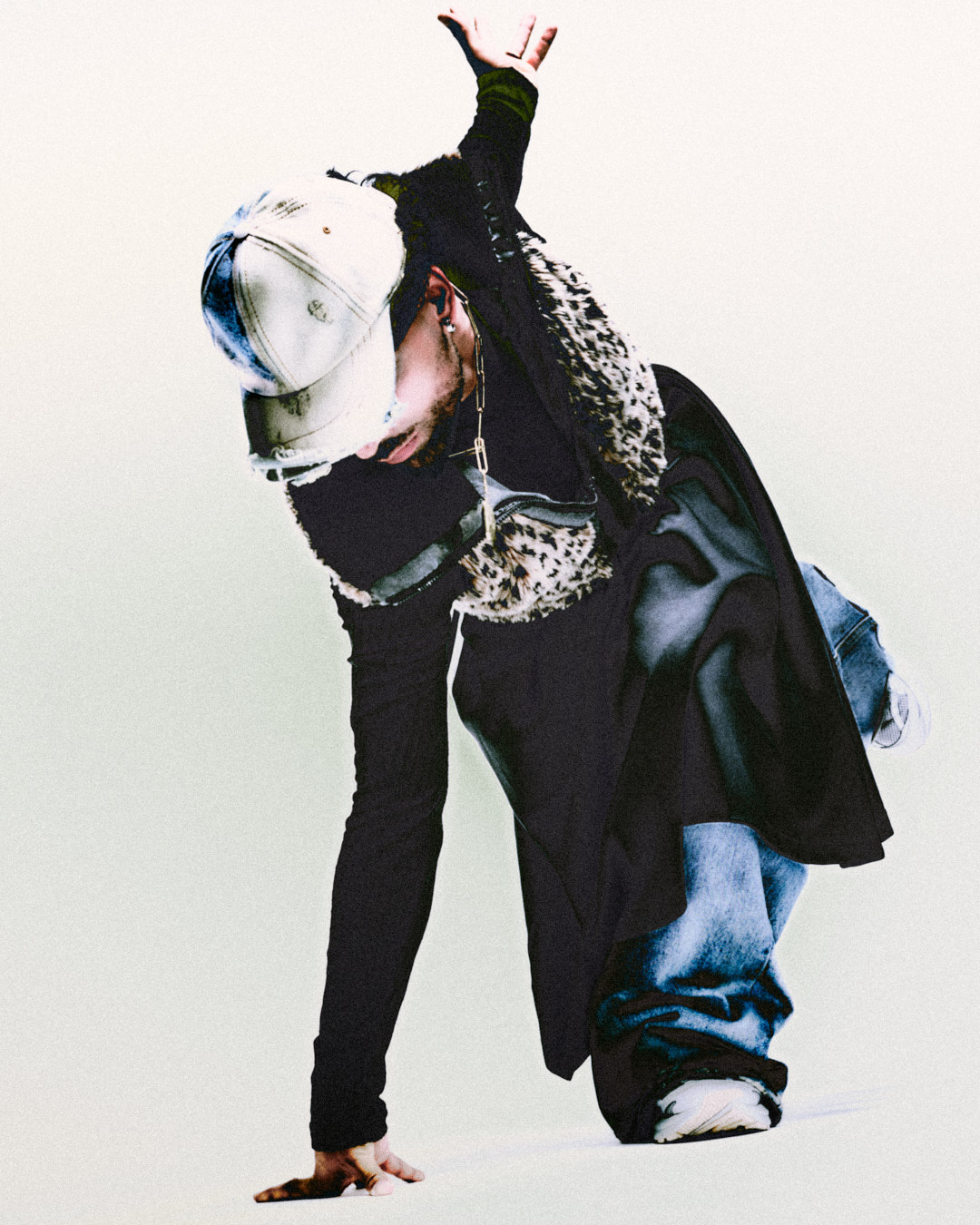
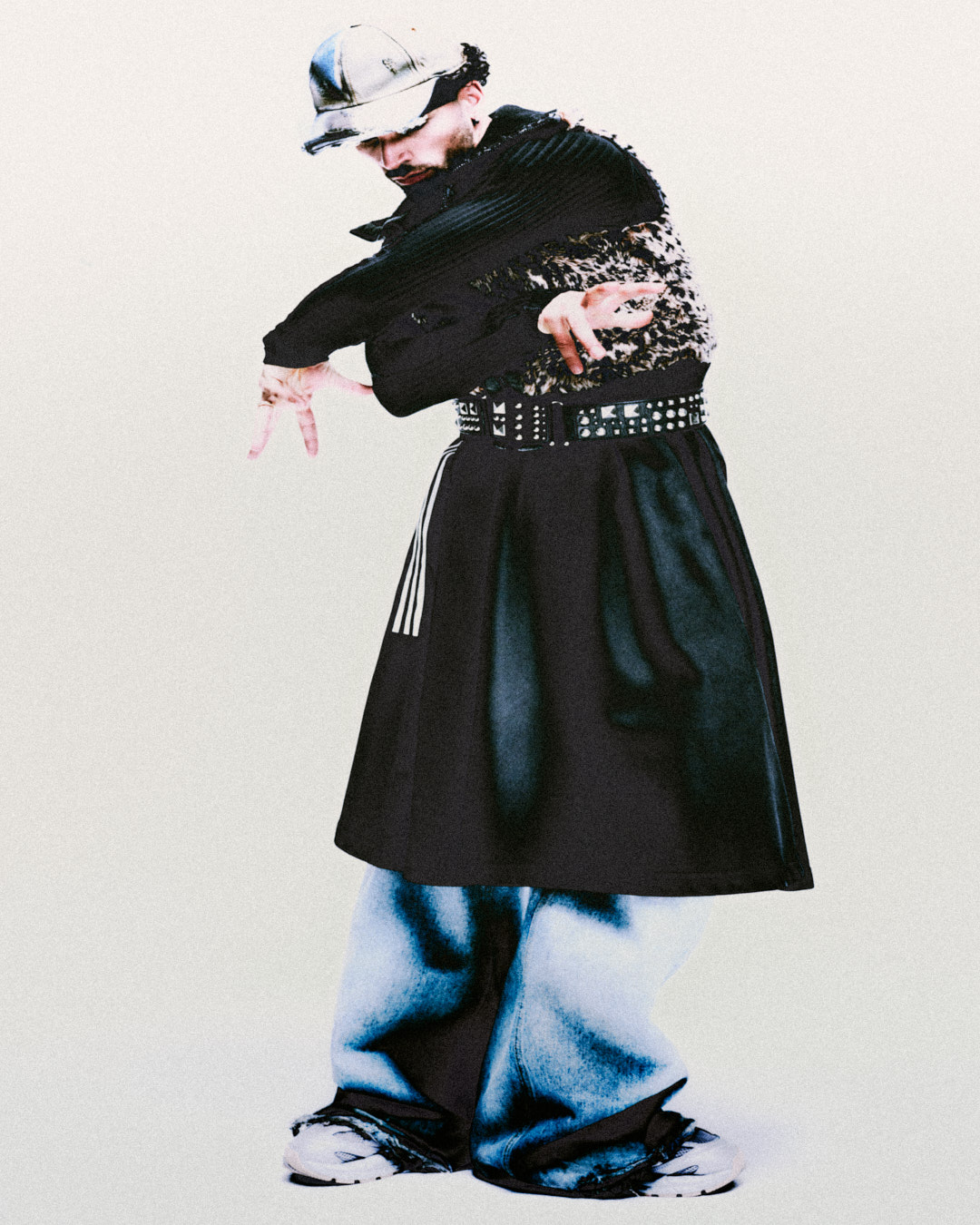
ABOVE
Cap & Jeans – Diesel
Skirt – Adidas
Shoes – New Balance
Œ: Dance is at the heart of Kurdish culture. How exactly has it helped you reconnect with your ethnic roots?
Kessab: We Kurdish people, we dance a lot. We have a lot of music and rhythm in our culture. I would say it’s a revolutionary thing – dance has been used as a political tool, to protect our heritage, and we send messages through dance.
I have learnt through that tradition that every time I dance, I also want to send a message. I don’t want to just throw out moves, there needs to be intention and a story. Something has to be behind it. This has helped to evolve my dance and the older I have gotten, the more I practice folklore national dances. It gives me a special feeling, a way to reconnect with my roots and people.
Right now, a lot of people after seeing the movie said they understood me more because of the way I dance, it’s clear who I am. It also helped me a lot to find myself. I love combining traditional dance with hip-hop, it gives me my distinguishable edge.
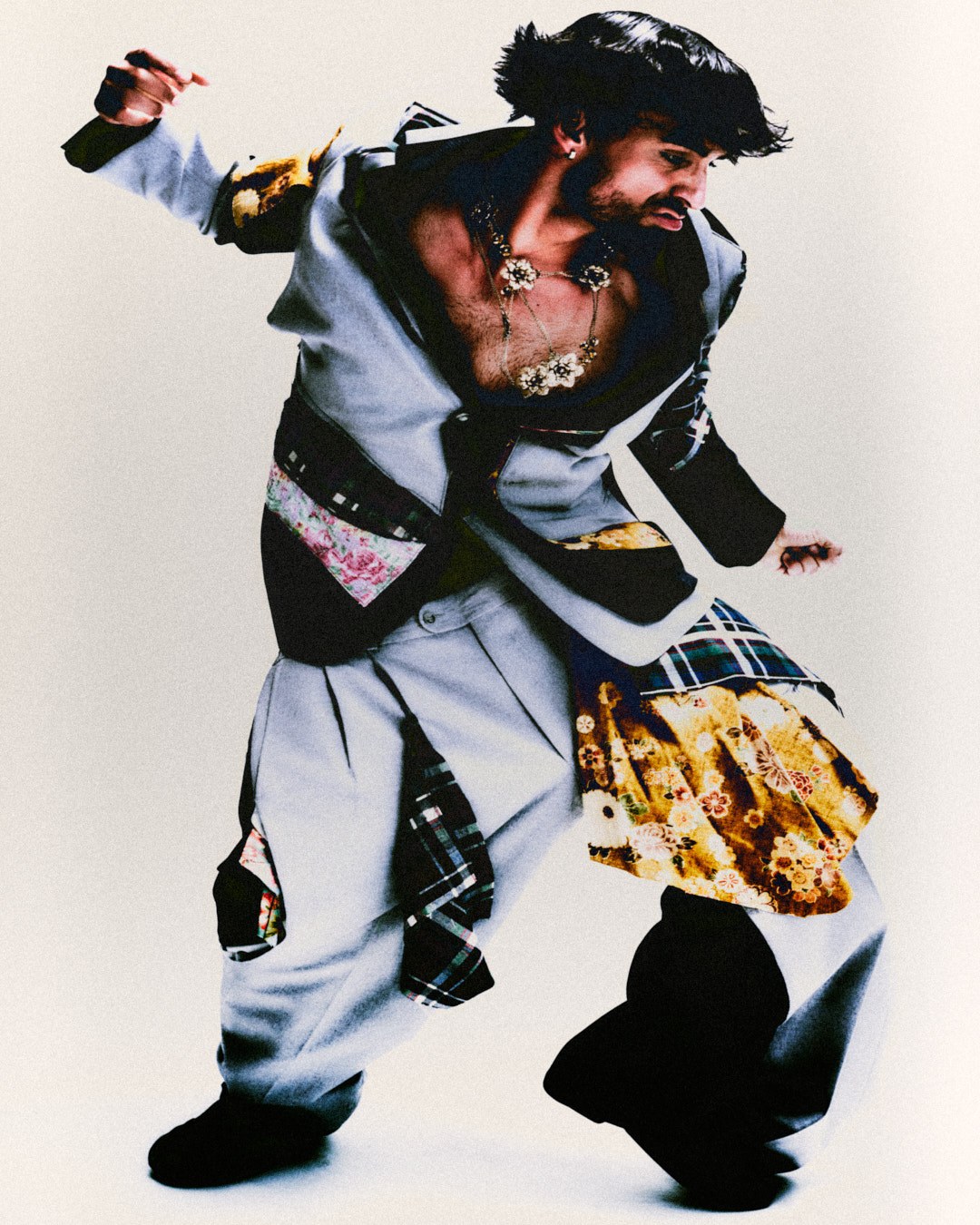
LEFT/BELOW
Full Look – Alexis Mersmann
Boots – Thrifted Biker
Chain – Custom Gold
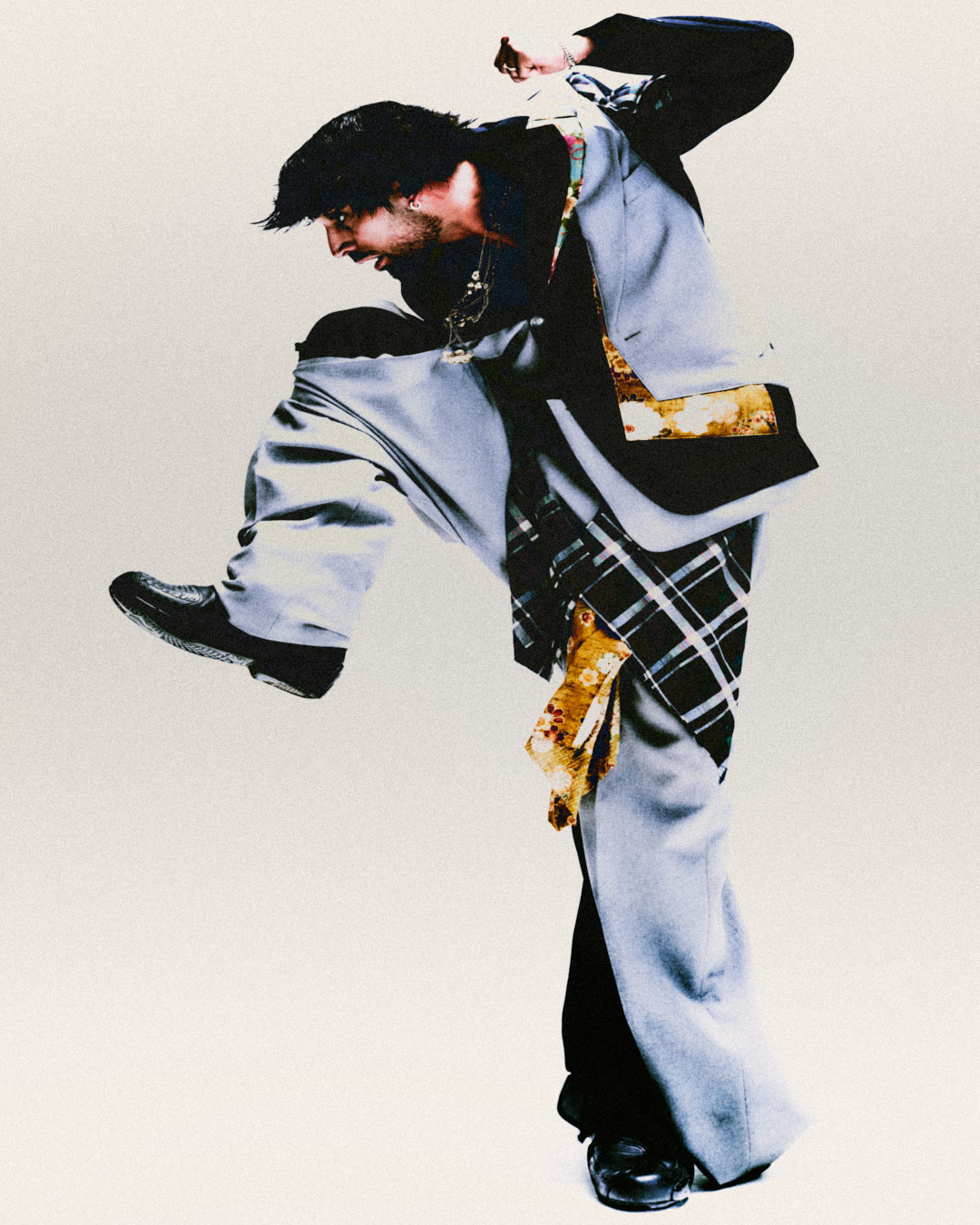
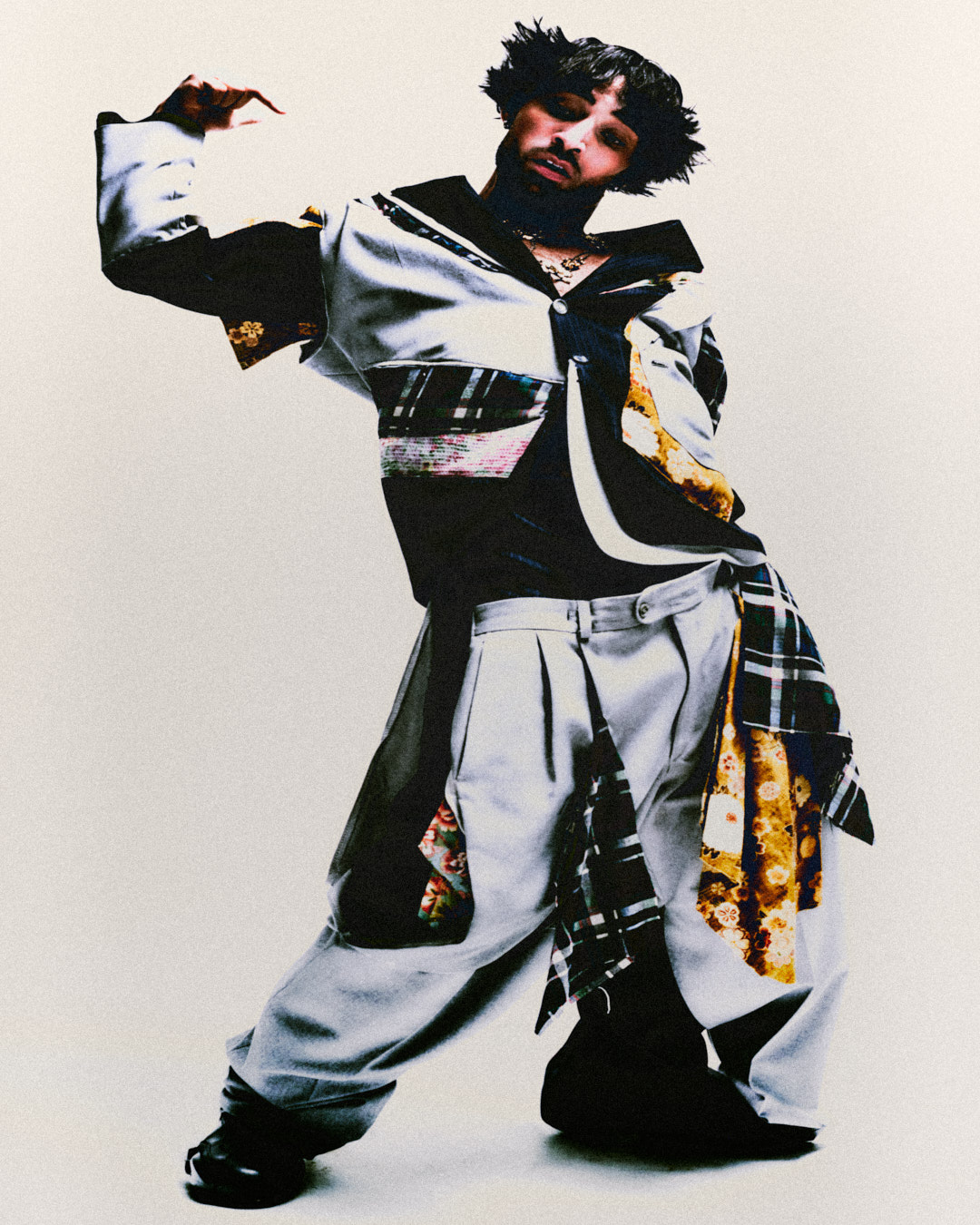
Œ: What more can be done to ensure the tradition of community dance doesn’t die out?
Kessab: I mean, hip-hop has never been something on a governmental level, it’s from the streets. Hip-hop is something you do with small communities. You don’t need a lot for that – a boombox and people to gather around. It’s social. Sometimes I catch myself “doing dance” in a business way – if I have to organise a gathering or event for example, but these things should be spontaneous and improvised.
I think it’s great that dance is getting so huge, events are happening all over the world, and you see dance in movies and in adverts on TV. But what dance is really about is coming together and putting the music on, telling your story and translating your energy.
To make sure we keep this essence, we should just keep these real organic events or gatherings happening. Back in the days as kids, we just went to a friend’s house, knocked on the door like: “Hey, you wanna come out?” The same thing should happen with dance. Pull the boombox out and go for an outdoor session. I think if we get back to this, we can help the community a lot more.

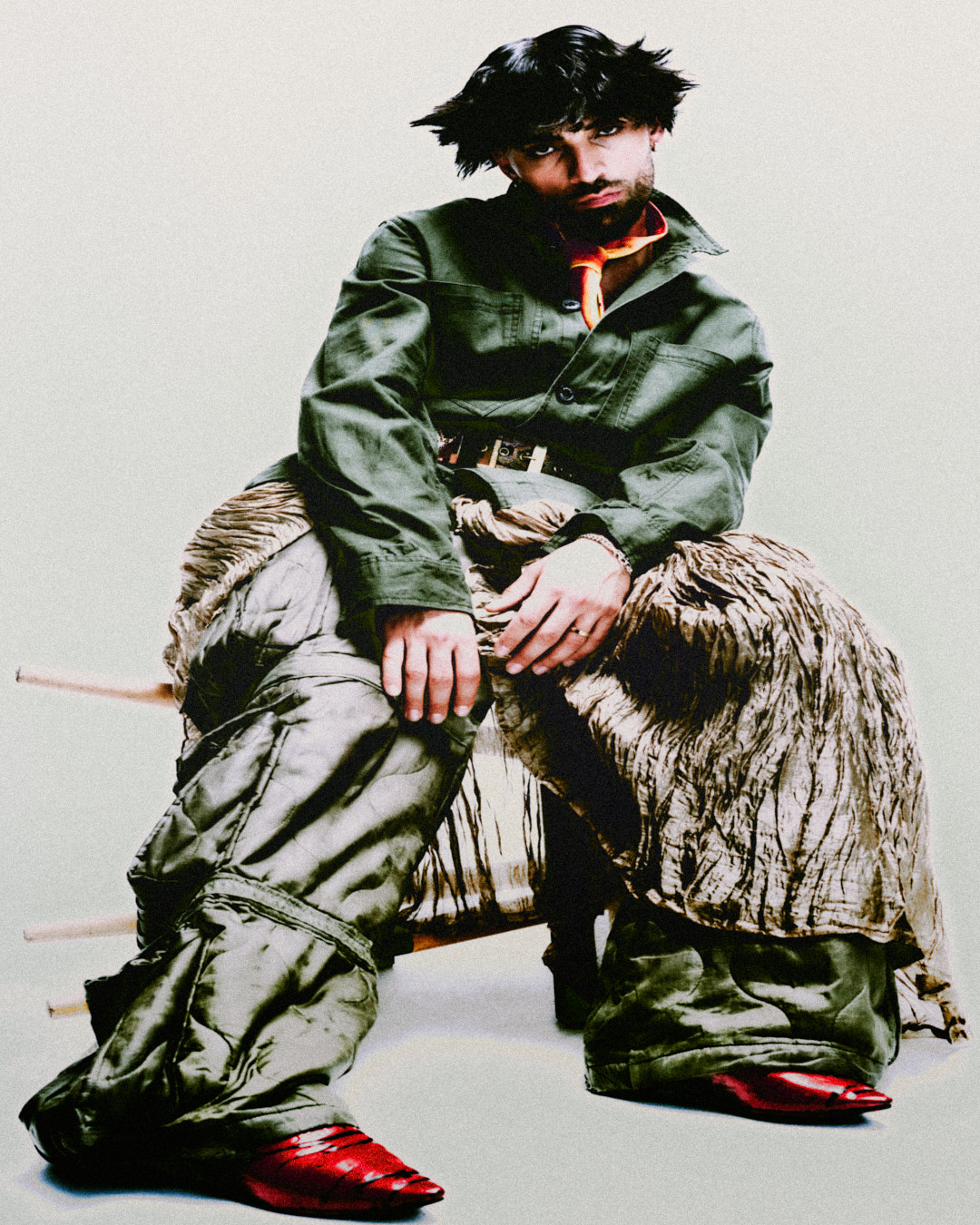
ABOVE
Tie & Shoes – Afro Bodega
Pants – Therapy Worldwide
Œ: Where do you see dance taking you next?
Kessab: I’ve been busy organising lots of festivals, I’ve been super busy. In my city, it’s called Subway 47. It’s an international dance festival. I’ve been doing it for nine years now. I have two dance studios, which also take up a lot of my time. I’m in preparation for a big big show in China, which is gonna happen next week in Chengdu. I’ve also been trying to break into acting more. I did a series in 2018 and shot a movie in 2020. So I want to channel my energy into this avenue more.
Œ: Reflecting on your recent pursuits, are there any possibilities acting offers that dance cannot?
Kessab: It’s not actually that different. Dance is nonverbal, and acting is more verbal but with nonverbal action. I like to step into different roles as a dancer and you do the same as an actor. I guess it’s a bit more exciting than dance because I’ve been dancing for more than 20 years now and I feel like this could be the next step, the next challenge for me. I will never stop dancing because dance is still my best asset. Everything I do right, even if it’s business-related, whatever, the foundation will always be dance.
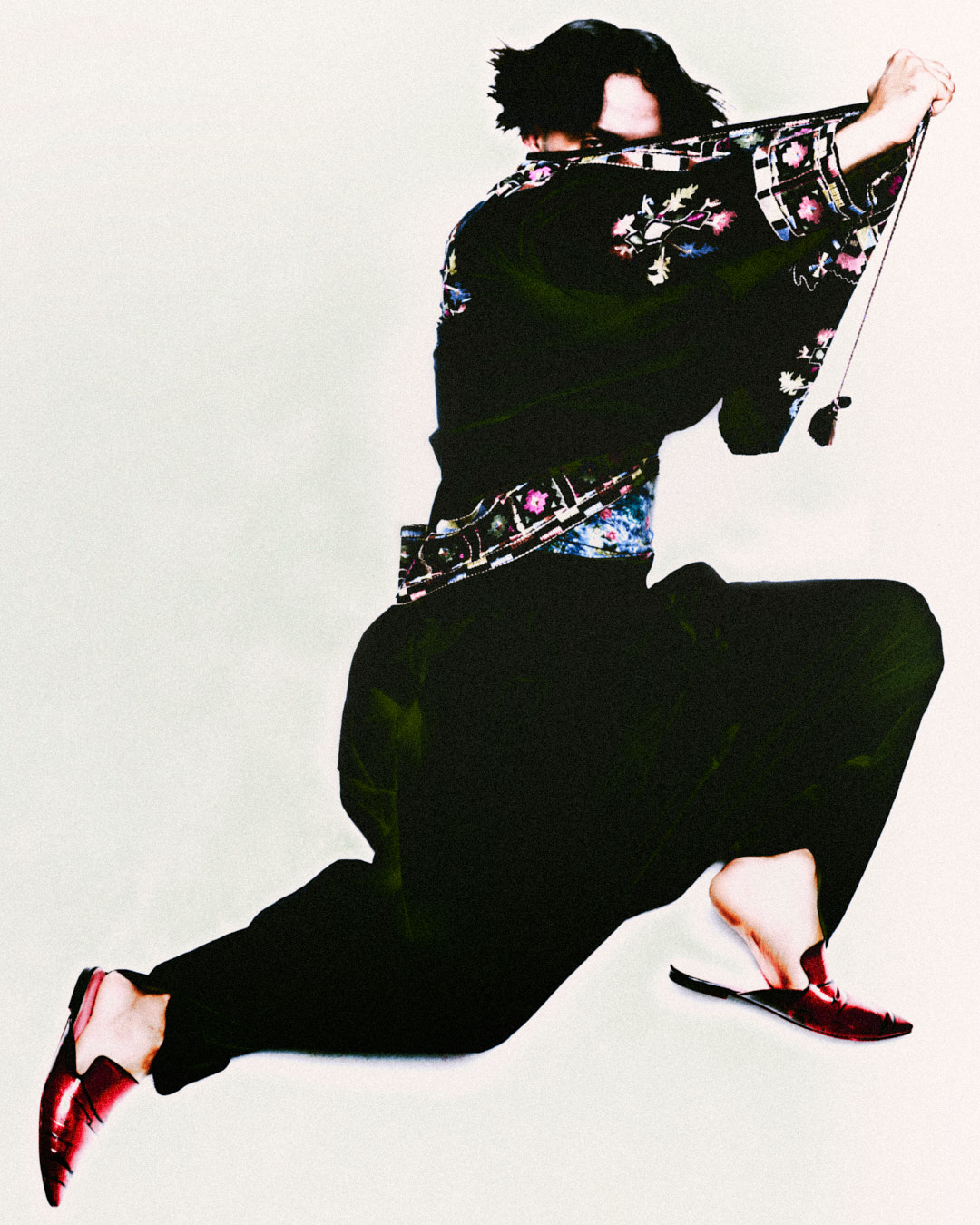
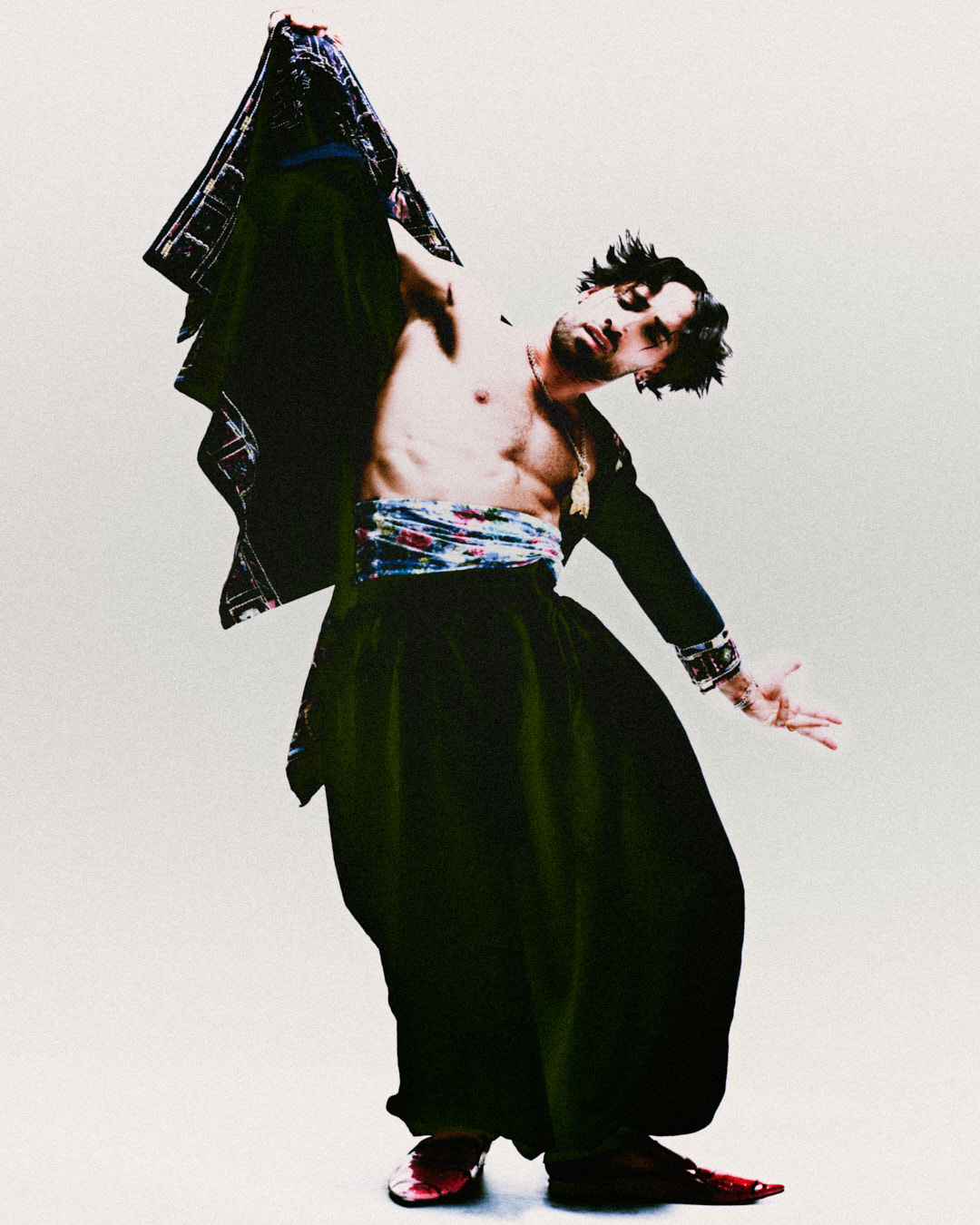
ABOVE
Full Look – Custom
Shoes – Afro Bodega
Œ: Throughout your career, you’ve been very proactive in developing innovative ways to reshape the dance scene. Is there anything about the acting industry you would like to change?
Kessab: When I shot this movie in Germany, I left with the feeling that there needs to be more raw people in films. Don’t get me wrong, there are so many talented actors but they all look the same. It’s like one stereotype of people in movies and you feel that energy when you act next to them. I think it’s important to capture real humans. Even if you are a really good actor, I can see you through your acting.
What if for every 10 movies, 3 movies just used real people and did it in this style? What if they created something for the general public that they could connect with more? I don’t know a lot about it, but I feel like this is a world I want to step into and explore more. So yeah, let’s see how it goes!
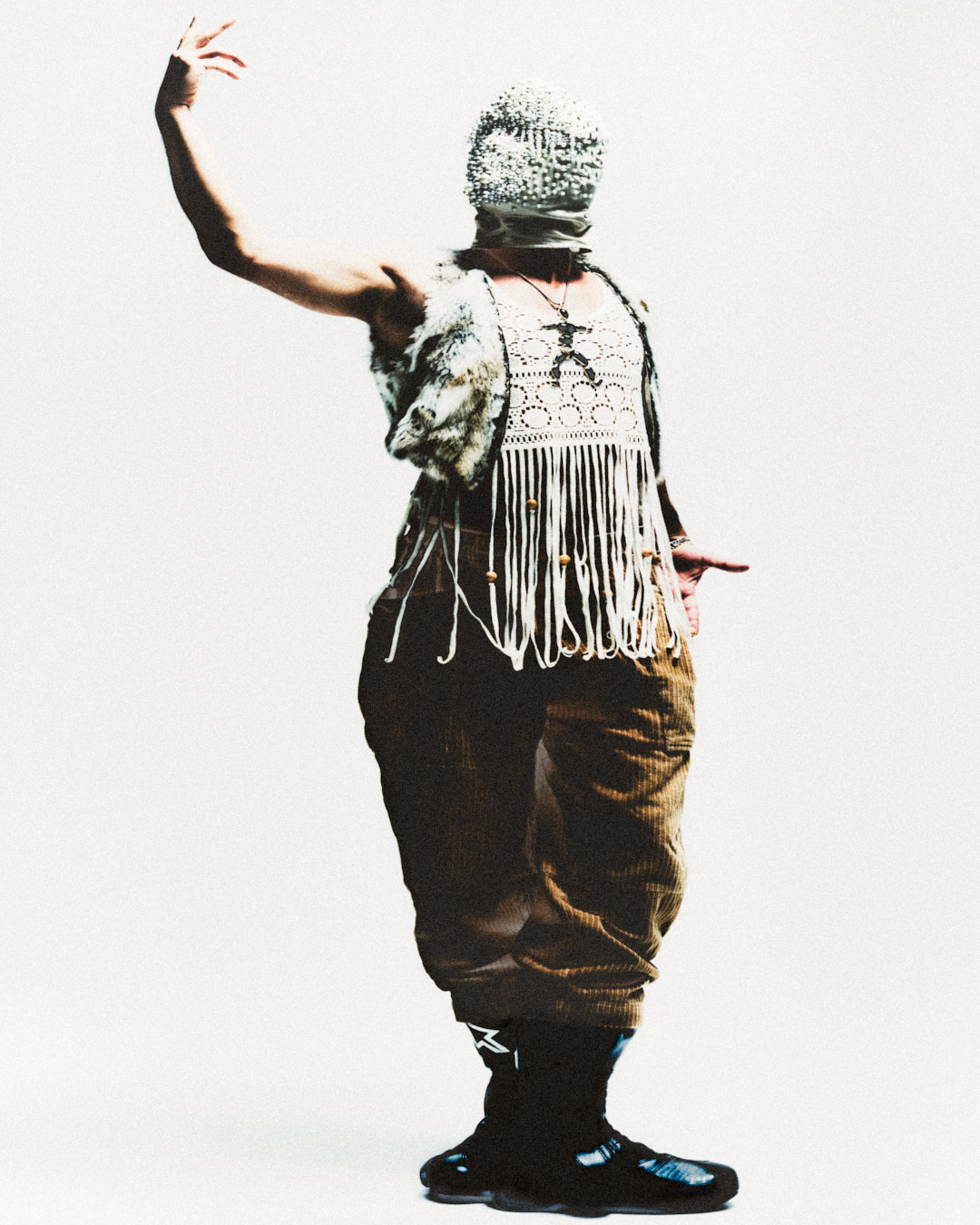
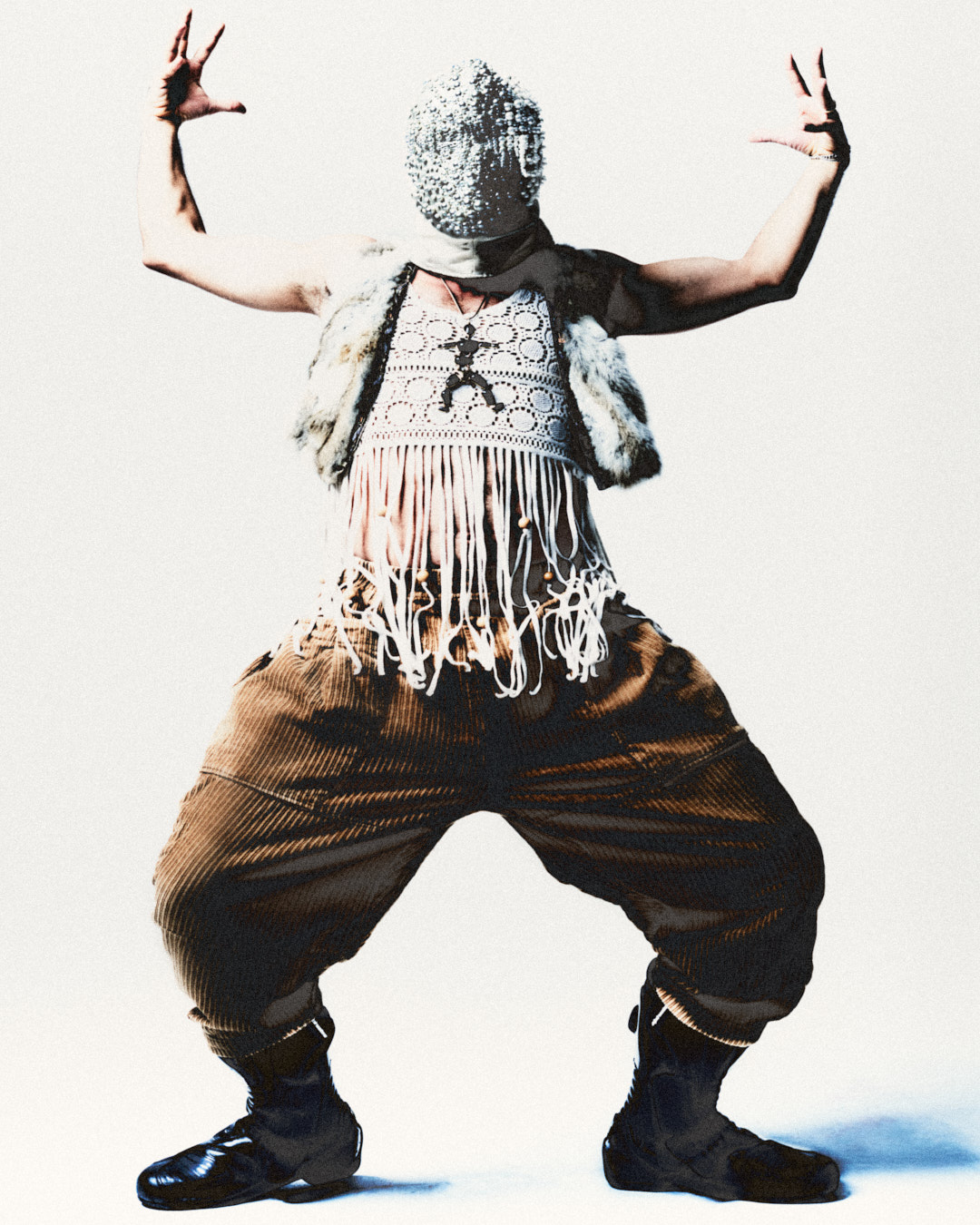
ABOVE
Headpiece – Alexis Mersmann
Top – Afro Bodega
Shoes – Thrifted Biker
Chain – Max Mara
Credits
Art direction & Production
Photography
Styling
Hair & Make-up
Talent
Styling Assistants
Marvin-Mario Bahome & Keahile Mokhobo
production Assistant
Studio
